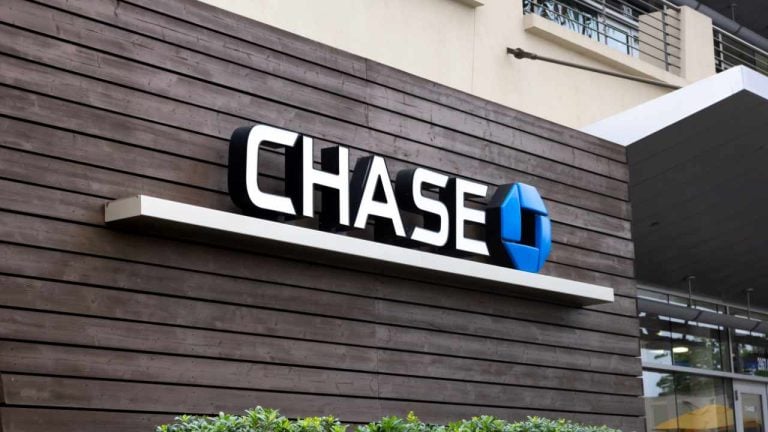
Bitcoin Policy UK has urged the British government to review Chase Bank’s policy to decline all crypto payments. “It is, of course, the stated policy of this Government that the U.K. become a crypto asset hub, but it is hard to square this policy aim with the actions of this U.K.-regulated bank,” the crypto advocacy group wrote.
UK Government Urged to Review Chase Bank’s Anti-Crypto Policy
Bitcoin Policy UK sent a letter to Economic Secretary to the Treasury Andrew Griffith MP, on Sept. 28, raising concerns about Chase Bank’s new policy to block all crypto payments. Chase is a registered trademark and trading name of J.P. Morgan Europe Ltd. The British bank informed its customers in the U.K. last week that it will decline all crypto-related payments beginning Oct. 16.
“We write to express our deep concern regarding the recent decision by Chase Bank to decline customer payments relating to crypto assets,” the crypto advocacy group wrote, adding:
It is, of course, the stated policy of this Government that the U.K. become a crypto asset hub, but it is hard to square this policy aim with the actions of this U.K.-regulated bank.
Britain’s Prime Minister Rishi Sunak stated in April last year: “It’s my ambition to make the U.K. a global hub for crypto asset technology.” He was the country’s Chancellor of the Exchequer at the time.
In its letter, Bitcoin Policy UK cited Chief Secretary to the Treasury John Glen MP, former Economic Secretary to the Treasury, stating in April last year that the British government wants the U.K. to be “a global hub — the very best place in the world to start and scale crypto-companies.” The letter added that less than nine months later, Griffith himself published proposals for crypto asset regulation and stated at the time that the British government remained “steadfast” in its commitment to grow the economy and enable technological change and innovation, including “crypto asset technology.”
The crypto advocacy group noted that “the purchase, ownership, and sale of crypto assets are lawful activities in the U.K.,” adding that “the majority of the exchanges offering crypto asset services are themselves regulated.” The group stressed:
It is alarming on many fronts to witness a bank such as Chase, regulated by the FCA and the PRA, deciding arbitrarily to prevent its customers from spending their money in a lawful way and in a sector that is clearly supported both as a matter of Government policy and increasingly regulated by the same bodies that regulate that bank itself.
The Financial Conduct Authority (FCA) is Britain’s top financial regulator, while the Bank of England prudentially regulates and supervises financial services firms through the Prudential Regulation Authority (PRA).
Bitcoin Policy UK also detailed that data from blockchain analytics firm Chainalysis does not support Chase’s view that the crypto sector “is particularly fraudulent compared with any other.” In its letter to customers, Chase claimed that its reason for the policy change is to keep their money “safe from fraud and scams.”
The crypto advocacy group further expressed concerns that Chase’s decision is “yet more evidence of a concerning trend in the U.K. towards financial censorship and the restriction of financial freedom.” Moreover, “It should not be controversial to affirm that U.K. citizens ought to have the right to spend their own money freely from their bank accounts for any lawful purpose,” the group stated.
“In short, this is an arbitrary and capricious policy decision made by a bank subject to U.K. regulation, that will prevent U.K. citizens from spending their money lawfully and as they see fit,” Bitcoin Policy UK’s letter concludes, emphasizing:
It is a highly questionable step for a U.K.-regulated bank to take and we urge the Minister and the Government to review this decision, particularly in light of the stated policy aims of this Government.
Last week, Coinbase CEO Brian Armstrong criticized Chase’s anti-crypto policy, urging the bank’s customers to consider closing their accounts.
Do you think Chase Bank will reverse its decision to decline crypto transactions? Let us know in the comments section below.











